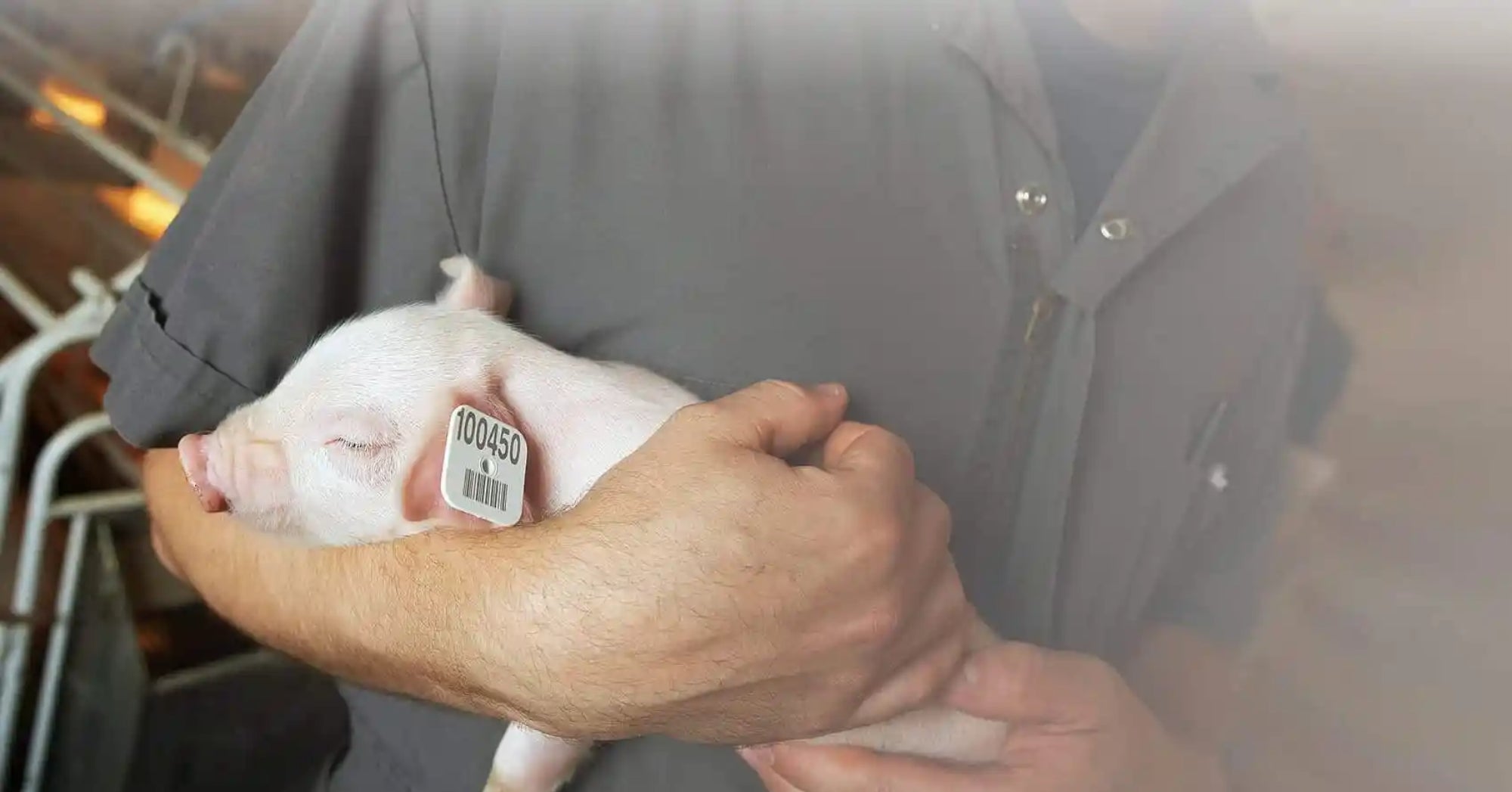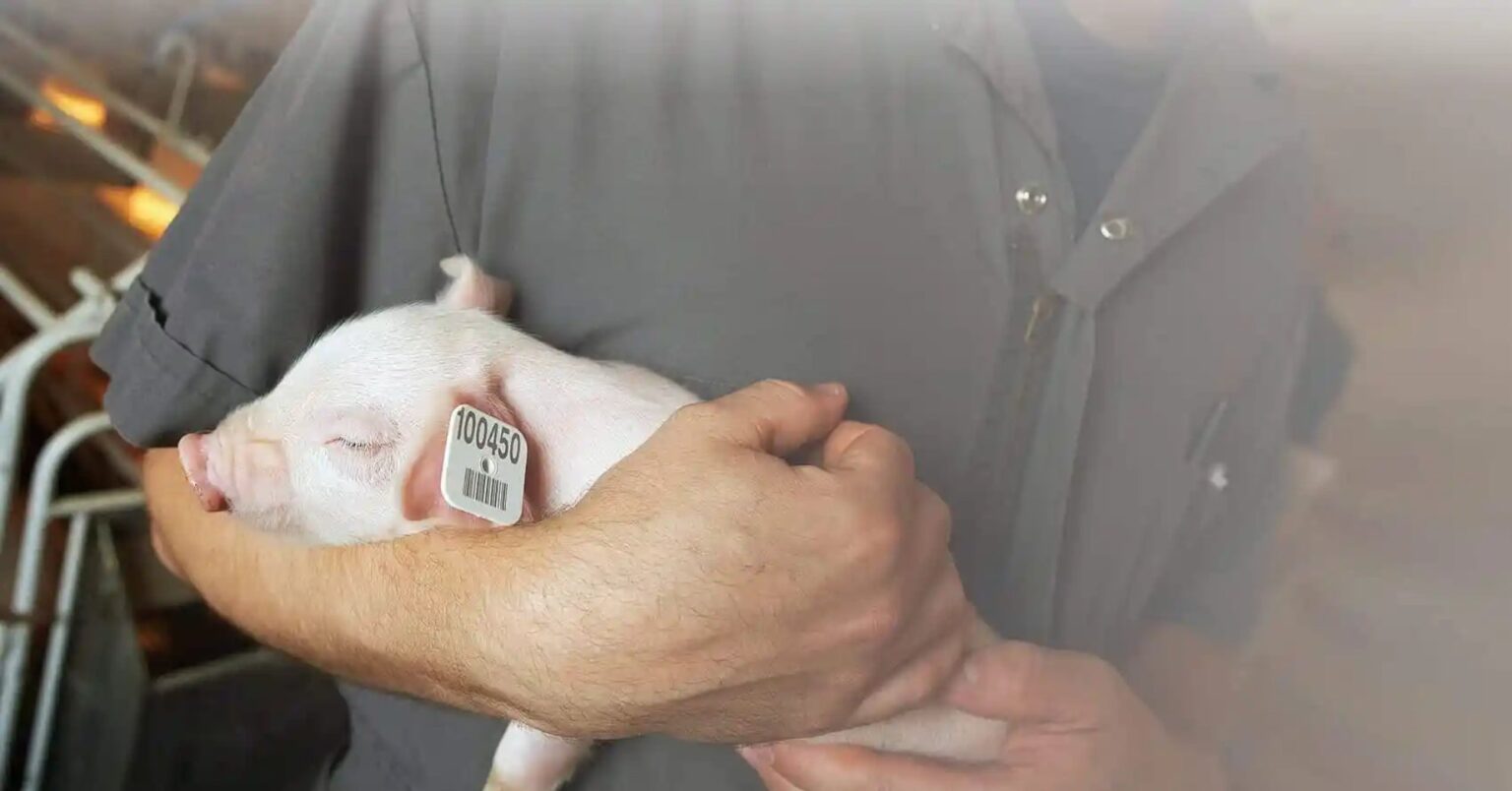The U.S. Department of Agriculture’s Animal and Plant Health Inspection Service is rolling out an initiative it says will help strengthen national swine disease traceability by providing no-cost radio frequency identification eartags for sow and exhibition swine producers.
Beginning in fall 2025, eligible producers and State animal health officials will be able to order the tags through Merck Animal Health’s website at a link that has not been launched yet.
In July 2025, APHIS awarded Merck Animal Health a contract to supply up to $20 million worth of RFID tags over the next five years. The program is modeled after a similar effort in the cattle industry, which, although met with resistance from some producers, has successfully provided cattle producers with no-cost RFID tags.
The goal is to improve the speed and accuracy of swine disease tracking, a key factor in protecting animal health, market access, and the economic stability of swine producers.
While disease traceability does not prevent outbreaks, it dramatically shortens the time it takes to trace animal movements during an investigation. A faster response can reduce the number of farms affected, lower costs for producers, and limit disruptions to the broader agricultural economy.

A distinctive feature of this program is its distribution system. Tags will be shipped directly from Merck Animal Health to producers and State animal health officials, bypassing APHIS as an intermediary. By using a direct-from-manufacturer model, the agency aims to get tags into use more quickly and efficiently.
To qualify, producers must have a valid premises identification number, provide shipping and contact details, and report the number of sows or exhibition pigs housed on-site. State animal health officials may also order tags, with allocations based on their state’s breeding sow population as reported by USDA’s National Agricultural Statistics Service.
Tag allotments vary according to the size of a producer’s herd. For example, farms with up to 500 sows may request 500 tags annually, while operations with more than 10,000 sows may order up to 6,000 per year. Exhibition swine producers may order tags for all animals located on their premises. These RFID tags require a compatible applicator, which must be purchased separately.
“Having reliable traceability tools in place is one of the most effective ways to limit the impact of disease on producers and the communities that rely on agriculture,” the agency noted in its announcement.
By improving the ability to quickly track animal movements, the new RFID system is expected to strengthen both domestic biosecurity and international trade stability for the U.S. swine industry.
Producers and State animal health officials can learn more about ordering requirements, eligibility, and tag allocations by visiting the APHIS swine identification webpage.


